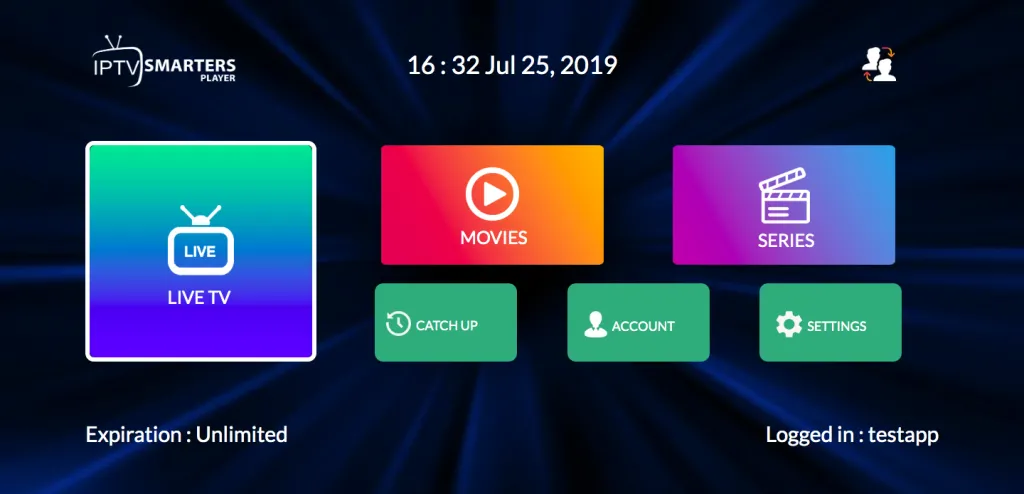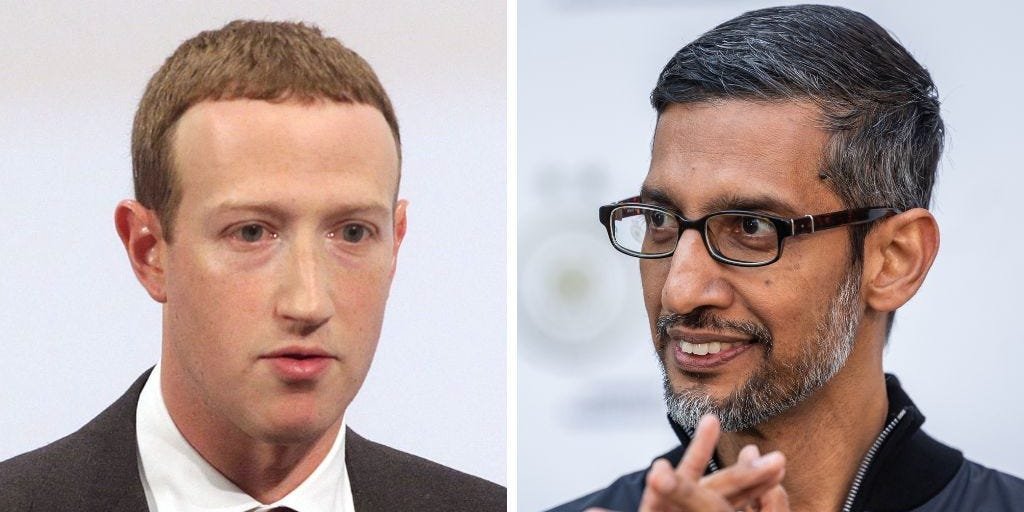
Over the last few years, copyright holders have asked Google to remove URLs from a staggering number of unique domains, with the search giant hitting the 5 million milestone this week, according to Torrent Freak.
This all comes as media companies have declared war on IPTV and pirate websites. One of their main goals has been to shut down pirate sites. But if that doesn’t happen, they’re pushing Google to make them hard to find on its search engine.
Piracy is a widespread problem, but on some level, its prevalence almost numbs us to how big and complicated the problem actually is. The 5 million-milestone gives you a sense of scale. Copyright holders have reported more than seven billion copyright-infringing URLs to Google, and at one point, Google was taking down almost three million links daily, Torrent Freak reported.
Content owners saw some success by working to make pirate sites less visible during searches, but taking down piracy websites is a bit like fighting a hydra – if you lop off one head, three more take its place.
To combat content owners efforts to remove them from Google, the cyber criminals behind the illegal operations sometimes switch to new domain names to temporarily get back into search results. Google also has also been dealing with scammers who file fake takedown requests to rig search results in favor of their own companies.
“What stands out most is that a tiny fraction of all domains are responsible for the majority of the trouble,” Torrent Freak’s Ernesto Van der Sar said in the report.
Here’s what else we learned from Google’s IPTV and pirate site crackdown milestone:
- Illegal adult sites daft.sex and dsex.to claimed the top two spots on Torrent Freak’s list of the top 10 most reported domains. While they’ve only been active for a few months, the domains have garnered almost a quarter billion takedown notices.
- It’s not just obvious websites like The Pirate Bay that rights holders ask to be removed. Sometimes legal sites like Disney+ and Netflix wind up in the mix, which calls into question the flagging system’s accuracy.
- Google isn’t the only one battling piracy. Government officials, agencies, and entertainment companies are all locked in a seemingly unending battle with illegal IPTV providers.
- The illegal nature of IPTV services doesn’t change the fact that they operate with supply and demand in mind just like other businesses. There are a swath of legitimate streaming services – both larger mainstream platforms and niche apps – available today.
- As streaming continues to usurp traditional cable TV and more networks look for ways to go digital, it becomes less likely that we’ll ever see a future without illegal IPTV services.
With 5 million pirate sites targeted this is likely only the start of media companies’ efforts to stop piracy. They’ve already spent the last few years stepping up their efforts to stop IPTV services and pirate websites that offer access to copyrighted content.



